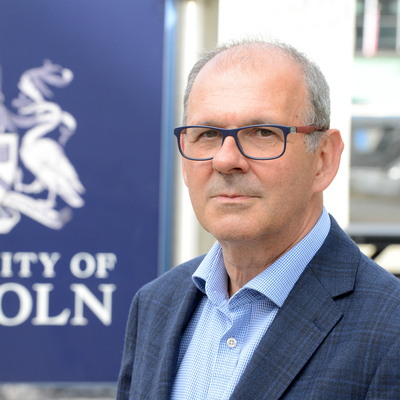Lincolnshire Learning Lab
Lincolnshire Learning Lab is a group set up to help improve the learning of all children and the working environments for teachers within Lincolnshire. The purpose is to bring academic rigour and evidence-based research into the classroom by engaging the three key stakeholders – teachers, academics, and anyone involved or interested in the education system, such as parents and educational consultants.




